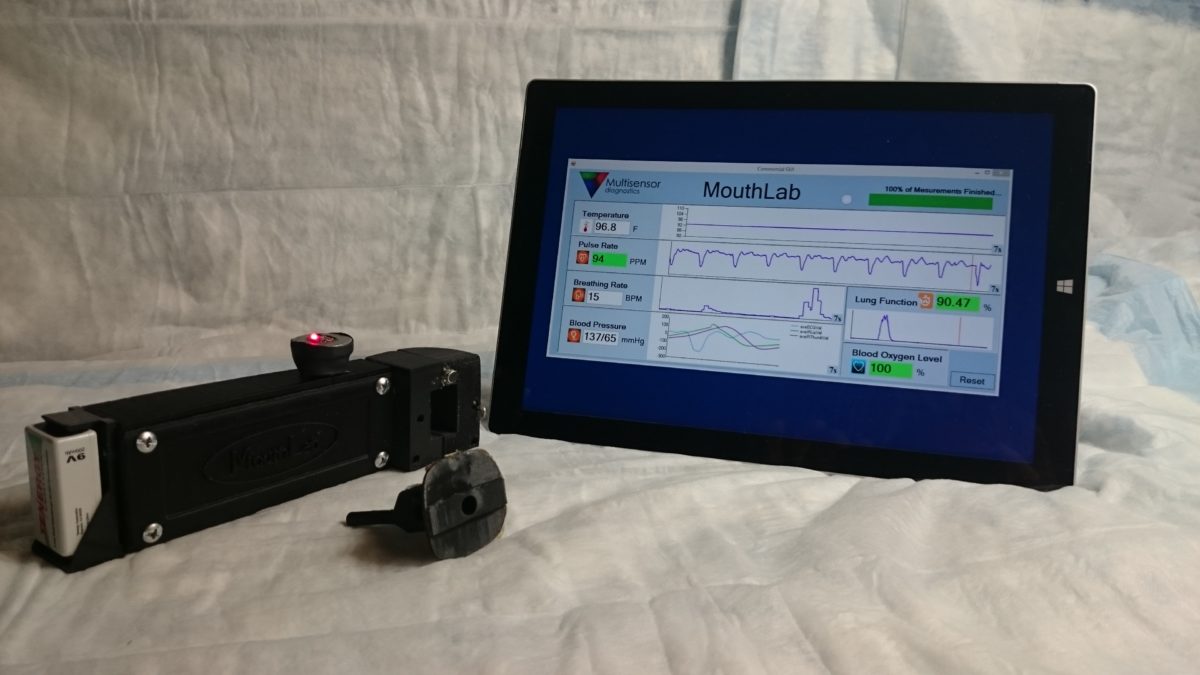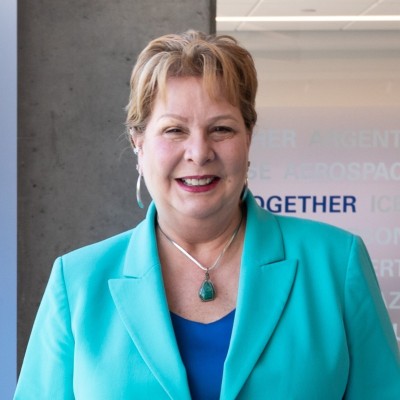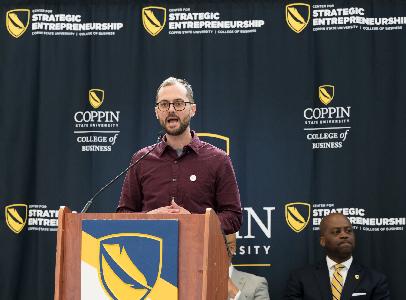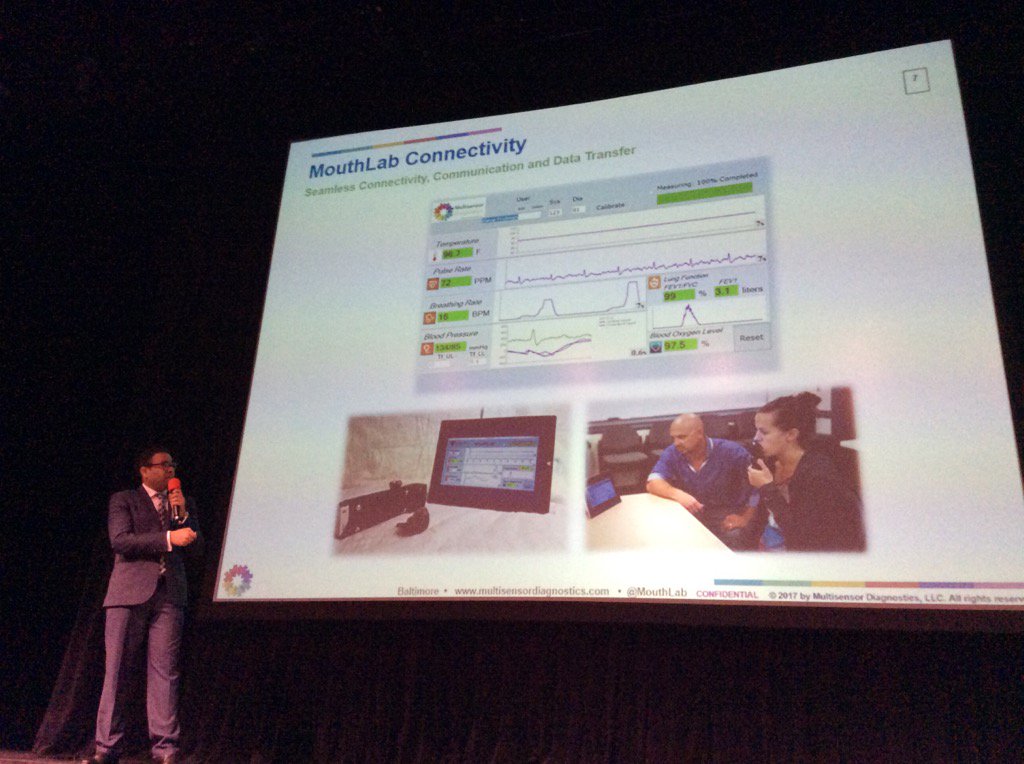It was a March highlight when Multisensor Diagnostics made the all-Maryland final four at the AUTM conference in Florida earlier this month. But for CEO Sathya Elumalai, it was part of a frenetic pitching schedule.
He was in Austin for SXSW’s Connect To End Cancer event, where he ended up in a meeting with former Vice President Joe Biden and a leader of the Cancer Moonshot initiative. Elumalai went to pitch competitions like Vator Splash Health in Los Angeles, and was in Boston pitching at M2D2 and the Boston Scientific Connected Patient Challenge.
Along with air miles, Elumalai said he’s also looking to log more reach for MouthLab, the startup’s device. Investment money for the company’s seed round would help, too. (Multisensor Diagnostics previously received TEDCO backing.)
Cool. @MouthLab a "tricorder for your mouth" to measure & analyze multiple vital signs #vatoraplashhealth #xmed #digitalhealth pic.twitter.com/StoRQFYHiy
— Daniel Kraft, MD (@daniel_kraft) March 23, 2017
It’s all to power what the company is doing in Baltimore. Elumalai and CTO Gene Fridman are working with engineers and researchers at Johns Hopkins Hospital to develop the prototype, which is designed to take key health measurements for people who have chronic diseases.
Placed between the mouth and lips, the device takes readings from the breath, saliva and mucus. The goal is to hold it for less than a minute. That can provide eight different health indicators such as breathing rate, pulse rate, electrocardiogram, temperature, blood pressure and lung functions.

MouthLab. (Courtesy photo)
For patients with chronic disease, the monitoring would allow doctors to catch warning signs on measurements they want to track. The mouth also holds biomolecules that provide even more information that the company is looking to develop ways to measure in the future.
Along with taking all of those readings at once, the goal is to allow patients to take those readings at home, instead of going to a doctor’s office. The data can be analyzed and sent to a doctor for follow-up.
The bigger goal, Elumalai said, is to “change the culture of healthcare monitoring,” encouraging people to keep track of their health and catch something that might be a warning sign of a larger disease.
“Hopefully, this will be a device where you measure everything on a daily basis,” Elumalai said.
In bringing the device to market, the company hopes to partner with insurance companies. Another option is to sell it directly to consumers through pharmacies or other locations.
Join the conversation!
Find news, events, jobs and people who share your interests on Technical.ly's open community Slack

This Black gaming advocate has a mission to transform education through esports

'Be bold': This digital innovation and business strategist urges fellow women leaders to be their authentic selves

Baltimore Power Moves: Open Works and Coppin State partner for a new makerspace, degree and tech transfer program


